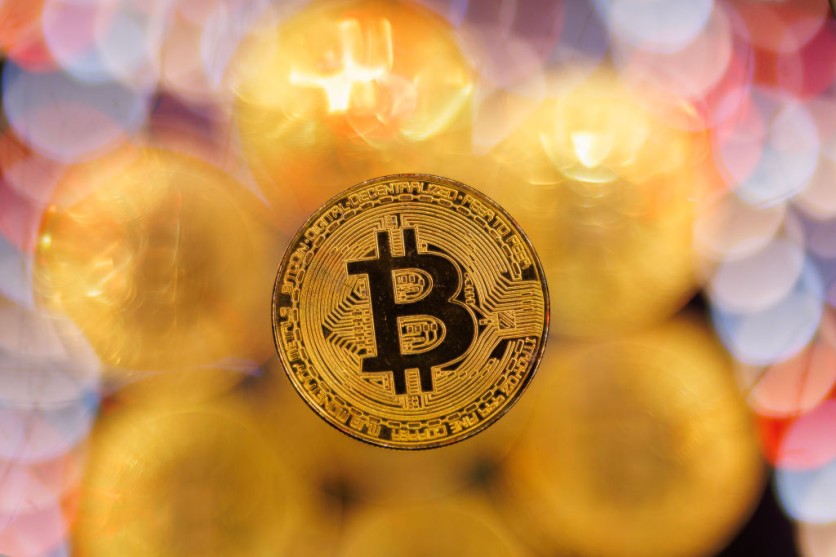A much-anticipated decision by the US Securities and Exchange Commission (SEC) about a spot-approved spot Bitcoin exchange-traded fund was overshadowed by a significant cybersecurity problem in a breach on the commission's official X account on Tuesday.
Hackers posted that the regulatory body had approved Bitcoin ETFs. The fake news had for a while boosted the Bitcoin value and led to much questioning by US authorities looking into how hackers breached social media accounts meant for use mainly by Wall Street's main overseer regulating body, according to Bloomberg. The price of Bitcoin jumped to almost $48,000, and then it dropped to nearly $45,000 following the SEC's disclosure of the incident.
The SEC X account hacking incident proved that even the most secure institutions are vulnerable to cyber threats, but it shook crypto enthusiasts. Kurt Gottschall, an ex-SEC regional director and a partner at Haynes Boone, noted, "the irony here is that the SEC has not shown much sympathy to public companies and asset managers that have experienced cybersecurity incidents."

Investigation Ongoing
The SEC X account breach gave critics enough ammunition to pounce on SEC Chair Gary Gensler, known for his skepticism about the crypto industry. After the hacking incident, the commission reassured the public that it was working with law enforcement agencies to find out what happened.
Gensler clarified that no decision was emanating on whether Bitcoin ETFs should be allowed. He pointed out the unauthorized nature of a post made on one account that had been compromised. Measures were implemented to determine the origin of the breach and strengthen security systems.
The approval of a Bitcoin ETF was seen for a long time as a hope by crypto enthusiasts that would spark higher investments and the participation of cryptocurrency managers in tracking cryptocurrencies, according to The New York Times. The SEC's historical aversion to approving such financial products stems from a fear of market manipulation in the crypto sector.
For instance, a legal win by the Bitcoin fund seeking approval in August indicated a positive outcome for the industry. However, mid-2022 was a turning point for the crypto industry, with collapsing prices and major firms filing bankruptcy. In the past, Gensler pursued legal action against major crypto companies, bringing more regulatory scrutiny to them.
X's Security Woes
Even before Elon Musk's acquisition of X, formerly Twitter, the popular social media platform had been trying to resolve recurrent security issues for a long time, per Reuters. High-profile events, such as the arrest of a Saudi agent in 2019 and a Florida teen's account hijacking in 2020, raised questions about the safeguards of the platform.
In 2022, former Twitter security chief Peiter Zatko publicly criticized the platform for protection deficiencies jeopardizing national security.
Despite Musk's assurances about improving security, a lawsuit filed by former IT security chief Alan Rosa alleges a 50% cut in X's physical security budget and the elimination of programs addressing digital vulnerabilities post-acquisition. Layoffs within the "election integrity" team, responsible for suspected hack alerts and rapid response, raised additional concerns.
The security status of the SEC site remains uncertain, prompting concerns from analysts about potential vulnerabilities. Austin Berglas, a former FBI cybersecurity official, expressed dismay at reducing security functions on a platform like X, emphasizing the significance of robust security measures in the face of evolving cyber threats.
Related Article : Apple Removes Binance, Kraken, Other Crypto Apps From Its India App Store: Here's Why

ⓒ 2026 TECHTIMES.com All rights reserved. Do not reproduce without permission.




